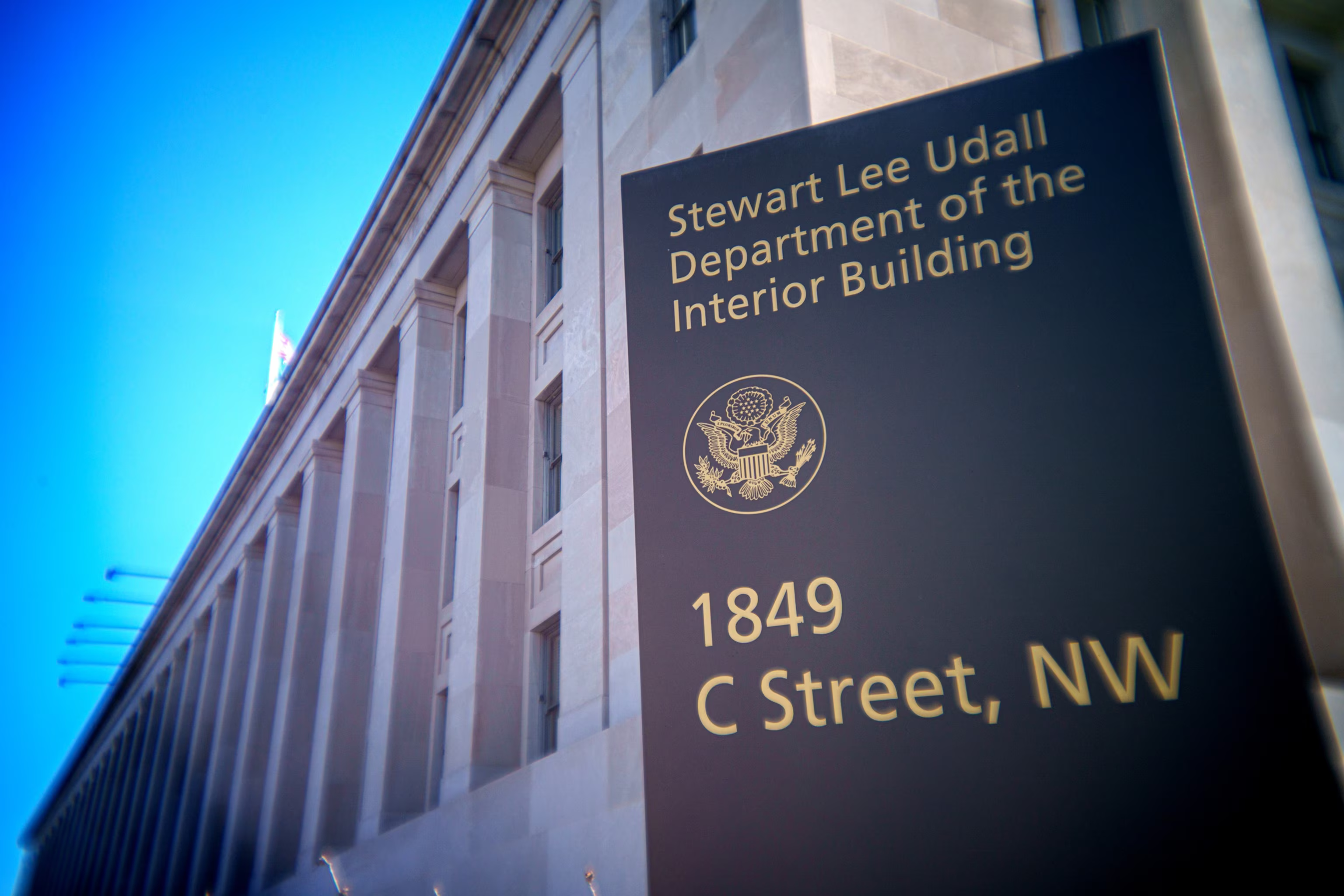In late July 2025, U.S. President Donald Trump and European Commission President Ursula von der Leyen reached a landmark agreement setting a 15% tariff on most EU exports to the U.S., replacing the threatened 30% tariff. The deal emerged from negotiations in Scotland and averted what could have been a major transatlantic trade disruption.
The agreement includes exemptions under a “zero-for-zero” approach for sectors such as aircraft parts, semiconductor machinery, and select agricultural goods. Steel and aluminum, by contrast, remain subject to 50% tariffs pending the outcome of quota negotiations.
Economic and political implications
Following the announcement, analysts revised corporate earnings forecasts upward: expecting a 1.8% increase in European company profits in Q2 2025,a turnaround from earlier projections of a 0.3% decline. At the same time, revenue forecasts slipped to a 3.3% drop, the weakest quarterly outcome in more than a year. Companies like Stellantis and Volkswagen disclosed tariff-related losses totaling €1.5 billion and €1.3 billion respectively.
Politicians responded with mixed views: Chancellor Friedrich Merz welcomed the accord as a necessary compromise to prevent economic chaos in Germany’s export-driven economy. Other European leaders,especially from France and Hungary,criticized the terms as disproportionately favorable to U.S. interests and lacking enforceable guarantees.
Market reaction and outlook
Financial markets reacted immediately. The U.S. dollar strengthened against major currencies such as the euro, which fell around 1.3%,its steepest decline in months,prompted by investor relief over avoided escalation. European equities showed early gains that reversed into modest declines, with auto and industrial stocks under particular pressure.
While the agreement forestalled an immediate trade crisis, uncertainties remain about its durability. The EU’s pledges to invest $600 billion in U.S. infrastructure and purchase $750 billion in American energy remain non-binding, leading experts to question their feasibility and long-term enforcement.
Contact us today through our WhatsApp to discover how we can help you achieve success in the United States. Together, we can turn dreams into reality.
Information source: reuters.com | investing.com | reuters.com | reuters.com | usatoday.com | foxbusiness.com | bloomberg.com



